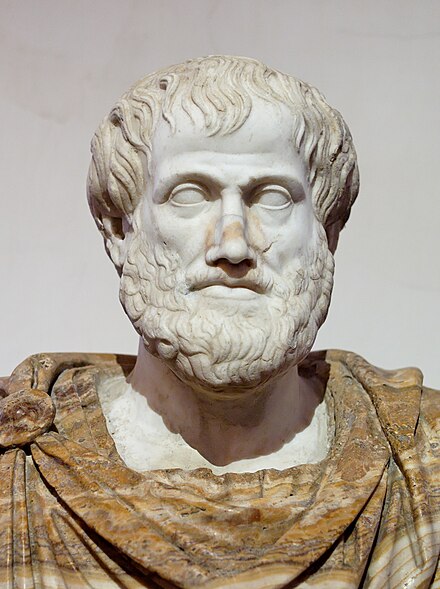Classics
Classics or classical studies is the study of classical antiquity, and in the Western world traditionally refers to the study of Classical Greek and Latin literature and the related languages. It also includes Greco-Roman philosophy, history, archaeology, anthropology, art, mythology and society as secondary subjects.
In Western civilization, the study of the Greek and Roman classics was traditionally considered to be the foundation of the humanities, and has, therefore, traditionally been the cornerstone of typical elite European education.
The word classics is derived from the Latin adjective classicus, meaning "belonging to the highest class of citizens." The word was originally used to describe the members of the Patricians, the highest class in ancient Rome. By the 2nd century AD the word was used in literary criticism to describe writers of the highest quality.[1] For example, Aulus Gellius, in his Attic Nights, contrasts "classicus" and "proletarius" writers.[2] By the 6th century AD, the word had acquired a second meaning, referring to pupils at a school.[1] Thus, the two modern meanings of the word, referring both to literature considered to be of the highest quality, and to the standard texts used as part of a curriculum, both derive from Roman use.[1]
In the Middle Ages, classics and education were tightly intertwined; according to Jan Ziolkowski, there is no era in history in which the link was tighter.[3] Medieval education taught students to imitate earlier classical models,[4] and Latin continued to be the language of scholarship and culture, despite the increasing difference between literary Latin and the vernacular languages of Europe during the period.[4]
While Latin was hugely influential, according to thirteenth-century English philosopher Roger Bacon, "there are not four men in Latin Christendom who are acquainted with the Greek, Hebrew, and Arabic grammars."[5] Greek was rarely studied in the West, and Greek literature was known almost solely in Latin translation.[6] The works of even major Greek authors such as Hesiod, whose names continued to be known by educated Europeans, along with most of Plato, were unavailable in Christian Europe.[6] Some were rediscovered through Arabic translations; a School of Translators was set up in the border city of Toledo, Spain, to translate from Arabic into Latin.
Along with the unavailability of Greek authors, there were other differences between the classical canon known today and the works valued in the Middle Ages. Catullus, for instance, was almost entirely unknown in the medieval period.[6] The popularity of different authors also waxed and waned throughout the period: Lucretius, popular during the Carolingian period, was barely read in the twelfth century, while for Quintilian the reverse is true.[6]


